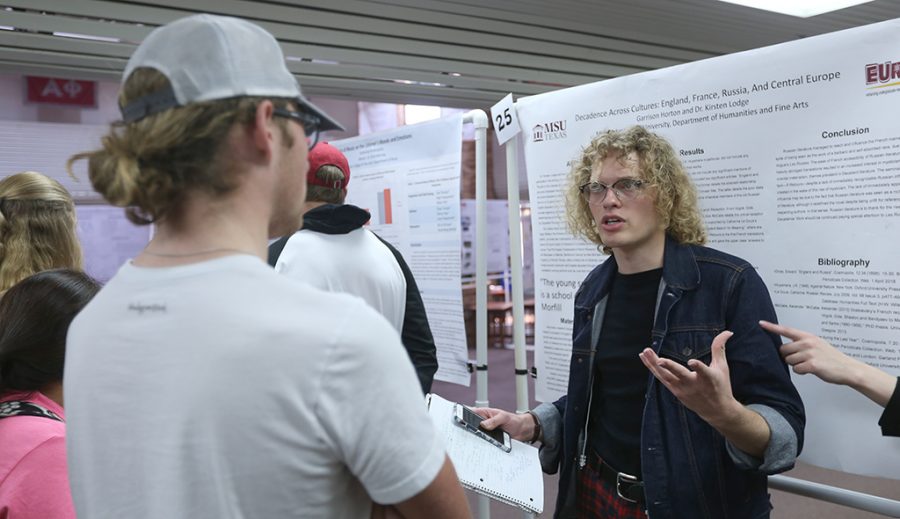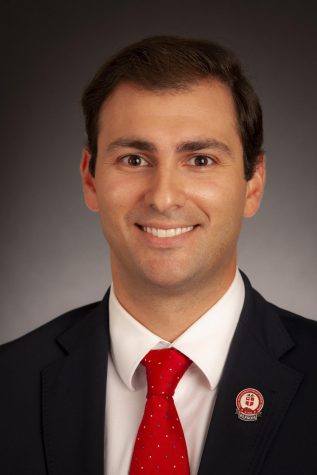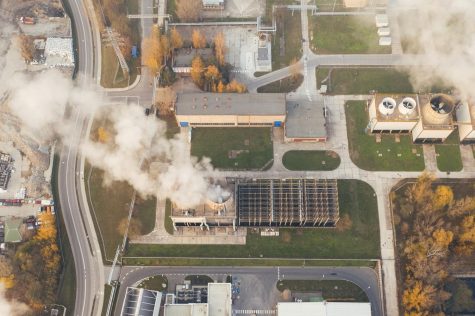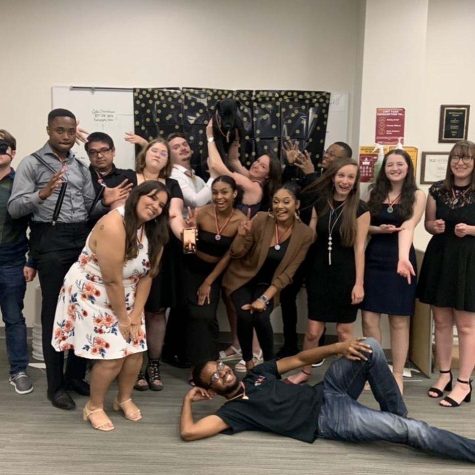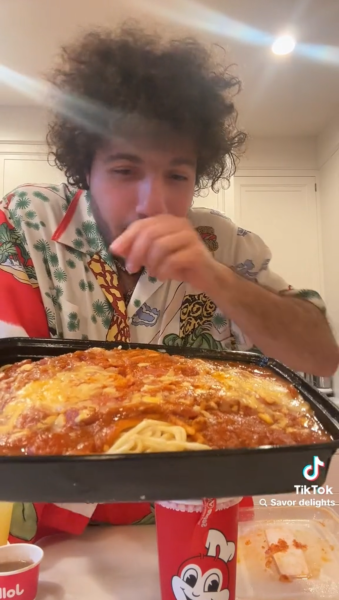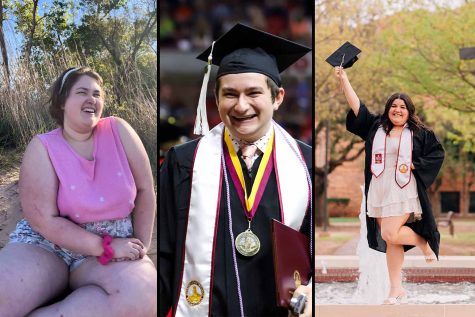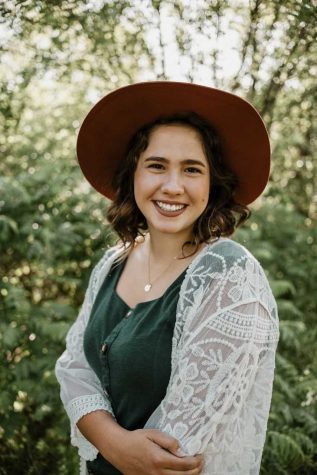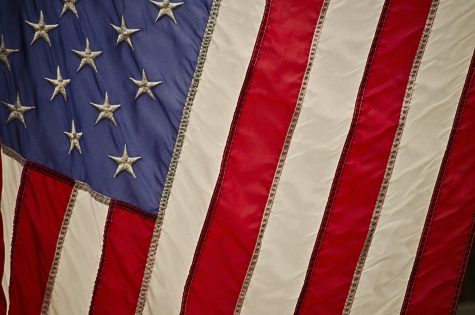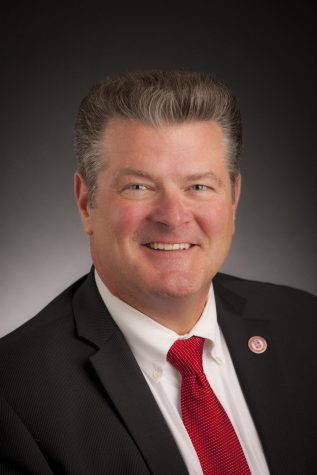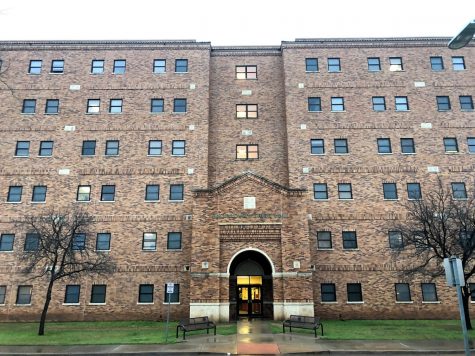Undergraduate research extends college experience
[Editor’s note: Bill Ash originally delivered this talk at the opening to the Celebration of Scholarship, April 25.]
I’ll start this off by commenting on just how strange this is for me. If you had asked me four or five years ago where or what I would be doing today, I can assure you, this would not be it. I actually had some difficulty even getting accepted to MSU based on my previous academic record. It seems like only yesterday, but yet I know that I’m a much different person today than when I first started here. And not only because now I’ve been to Walmart, or am accustomed to nine hour car rides whenever I’m traveling to a different part of the state, or I finally feel comfortable pronouncing heteroscedasticity, but because of the relationships that I’ve made at MSU and the skills I’ve learned through undergraduate research.
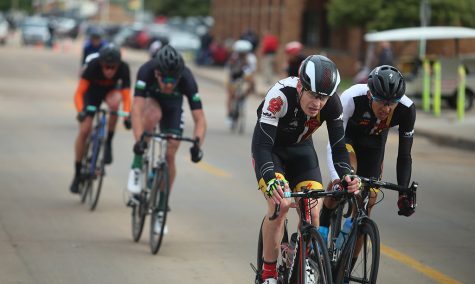
And even now, picking classes for my final semester as I plan to graduate in the fall and move on from this place, feels a bit surreal. College was never really something I had given much thought or consideration toward. And now here I am giving a talk about my experiences with undergraduate research, and how it has totally changed my life.
As a non-traditional student, I first came to MSU after being given the opportunity to race on the cycling team. I started as a general business major, switched to accounting, and then later added finance. I remember finishing my first semester feeling proud, like I’d made the right decision to return to school and found I actually enjoyed it quite well wanting to make the most of my time here.
My first exposure to Enhancing Undergraduate Research and Creative Activities came soon after while I was taking Pablo Garcia-Fuentes’ microeconomics class in the fall of 2016. He made some kind of general announcement to everyone in class describing what EURECA was and I thought it sounded kind of interesting. So I met with him after class and he told me about how he was working on this project about remittances, poverty, and human capital, and how he could really use some help. At the time, I had no idea what he was talking about but I thought, I’m pretty bad at writing, and I’m probably even worse at public speaking — I don’t know if I’m to much better at that now but I’m still trying — but why don’t I give this a shot and see if I can work on those things. And just like that,Garcia-Fuentes took me under his wing and put me to work. With no prior knowledge or experience, he took the time to sit with me and talk about why remittances were worth researching and what kind of effect they could have on people’s lives and it was really an eye opening experience. There’s a lot that we learn in class and there are some really amazing professors at the University, but getting to learn by doing and applying what is being taught toward real world problems and reading about how other people’s research is making meaningful improvements on a global scale was truly remarkable.
When you’re going through pages and pages of excel data, and you stop and think of each data point as a person or something that exists in the world somewhere rather than just a figure in a trend, you get to have a different learning experience. Those early days of are some of my favorite memories looking back now. Garcia provided me with some additional materials to read, and we got to work on preparing two presentations that I delivered at the undergraduate research forum that fall.
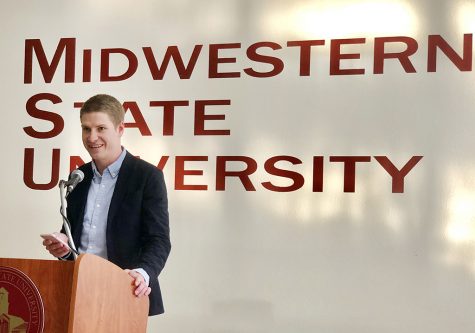
At the time I was presenting I was nervous, scared I didn’t know what I was talking about, and I was terrified of failing. But, throughout the whole process, I was learning and it was a great experience. I didn’t faint, I was able to answer questions, and it was the first major presentation I had ever given in front of a group of people. All I had to do was continue showing up and people within the program were there to support me and provide me with the tools and expertise I needed to succeed. It really opened my mind to what college really was, why it is so important, and what I was capable of as a student if I continued to apply myself.
Up until that point I had a fairly linear framework to how college worked — pick a major, show up to class, take some exams repeat until graduation, get a job — but it was being a part of EURECA that not only inspired me to try and do more, but really exposed me to why going to grad school was a thing people did, or what it really meant to have a phd. It may seem fairly obvious to most people in this room but I had no idea what these things really meant up until this point or what the purpose of academia was in general. It was here that I realized college was more than just a stepping stone till employment, but a process of learning and growing as an individual and figuring out what else is out there.
Being a part of EURECA, I’ve been able to learn valuable skills and have had the opportunity to take part in different events and conferences. After my first presentation at the university’s forum, I continued to work with Garcia where we looked to expand on some of his original ideas, tweak variables, and look for new data sets. That next semester we were able to move beyond MSU and present at the Economic Scholars Program hosted by the Federal Reserve Bank of Dallas in the spring of 2016. This was the first time students from MSU had been accepted to present research at the conference. We were invited back to present again last year, and more recently I was invited to sit on their peer review board as apart of their selection committee. We now bring a whole school bus of students to take part in the event.
Since starting at Midwestern State University, I have found my most rewarding experience to be working with Garcia-Fuentes. The critical thinking, determination and time management required to perform good research is something I will carry with me well into the future. Now after almost three years of collaboration and many iterations of our original paper, we hope to submit for publication over the summer. Experiences like this would not be possible without EURECA, and for that I’m truly grateful.
PRODUCED THANKS TO OUR ADVERTISERS
First Bank
Student Affairs
Frank & Joe’s Coffee House
American National Bank and Trust
Sports Clips
Balance Studio



